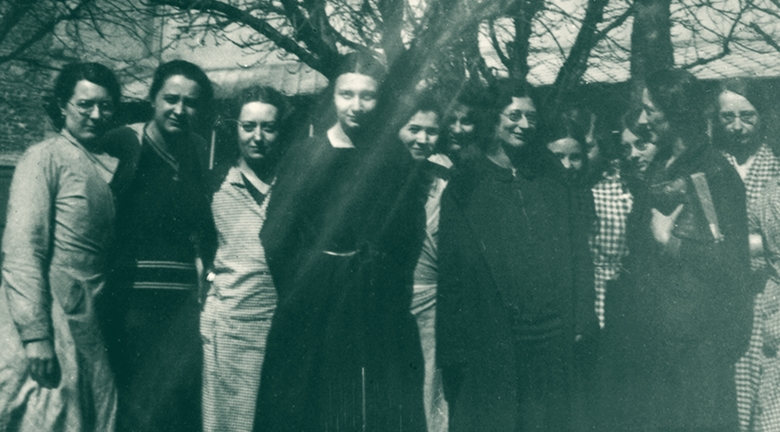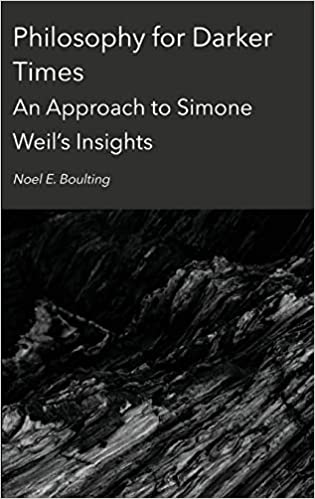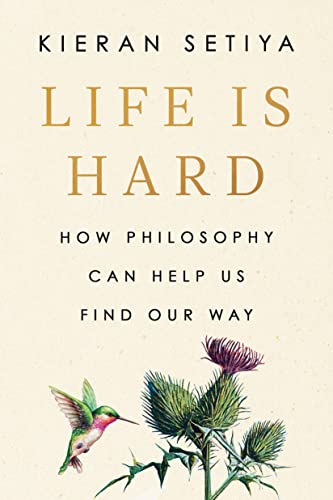Inside Issue 7: New and Forthcoming
Ronald Collins
Forthcoming Companion to TNFR
The following book is set to be released around the same time as the forthcoming new translation of The Need for Roots (Penguin, trans. by Ros Schwartz, intro. by Kate Kirkpatrick):
- A Declaration of Duties toward Humankind: A Critical Companion to
Simone Weil’s The Need for Roots (Carolina Academic Press, 2022)
edited by Eric O. Springsted & Ronald K.L. Collins
Table of Contents
About the Cover
Preface
List of Abbreviations
Introduction
Chapter 1 Simone Weil on Rights and Obligations — Mario von der Ruhr
Chapter 2 The Needs of the Soul as a Basis for a New Civilization — Emmanuel Gabellieri
Chapter 3 Politics, Joy, and the Needs of the Soul — Julie Daigle
Chapter 4 The Need for Roots — Lissa McCullough
Chapter 5 The Problem of Uprootedness and the Degradation of Human Justice — Lawrence Schmidt
Chapter 6 On Method: Education and Inspiration — Robert Chenavier
Chapter 7 What is Greatness? On Reading the Past — Ronald K.L. Collins
Chapter 8 The Spirit of Truth: Science and Providence — Eric O. Springsted
Chapter 9 Work as the Spiritual Basis of Culture — Simone Kotva
Appendix 1 Study for a Declaration of Obligations Towards the Human Being — Simone Weil
Appendix 2 The Legal and Moral Foundations of the Resistance — André Philip
Contributors
Bibliography
Index
New Books

- Noel Boulting, Philosophy for Darker Times: An Approach to Simone Weil’s Insights (Ethics International Press, June 15, 2022)
This important new study examines the work of Simone Weil; French mystic, social philosopher, and activist in the French Resistance in the Second World War. Weil’s posthumously published works had a major influence on French and English social thought. Philosophy for Darker Times relates Weil’s insights to specific significant issues in our own time.
** This book will be reviewed in the next issue of this Journal.
- Silvia Caprioglio Panizza & Mark Hopwood, eds., The Murdochian Mind (Routledge, 2022)

** Includes essays on “Murdoch and Weil” by Eva-Maria Düringer and on “Attention” by Silvia Caprioglio Panizza and on “Writing Morally” by Rowan Williams.
The Murdochian Mind is an outstanding reference source to the full span of Murdoch’s philosophical work, comprising 37 specially commissioned chapters written by an international team of leading scholars. Divided into five clear parts, the volume covers the following areas:
- A guide to Murdoch’s key philosophical texts, including The Sovereignty of Good and Metaphysics as a Guide to Morals.
- Core themes and concepts in Murdoch’s philosophy, such as love, moral vision, and attention.
- Murdoch’s engagement with the history of philosophy, including Plato, Kant, Hegel, Simone Weil, and Wittgenstein.
- Interdisciplinary connections with art, literature, and religion, including Judaism, Buddhism, and Christianity.
- Murdoch and contemporary philosophical debates, including feminism, virtue ethics, and metaethics.
- The application of Murdoch’s thought to applied ethics, including animal ethics, psychiatric ethics, and the environment.
Related
- Silvia Caprioglio Panizza, The Ethics of Attention: Engaging the Real With Iris Murdoch and Simone Weil (Routledge, 2022)
- Justin Broackes, “Iris Murdoch and Simone Weil,” Royal Institute of Philosophy (Jan. 28, 2019)(YouTube)
Forthcoming & Noteworthy Book
- Kieran Setiya, Life is Hard: How Philosophy Can Help Us Find Our Way (Riverhead, Oct. 4, 2022)

MIT philosophy professor Kieran Setiya (Midlife) proffers advice for navigating suffering in this insightful guide. “What we need in our affliction is acknowledgment,” Setiya contends, exploring how such philosophers as Plato, Simone Weil, and Ludwig Wittgenstein have contemplated adversity. Probing Aristotle’s writings on the fundamental need for friends, Setiya suggests that friendship rests on the “reciprocal recognition of human dignity” and that readers might fight loneliness by volunteering or showing respect and curiosity toward others. Setiya critiques the contention of philosophers Daniel Dennett and Charles Taylor that humans must narrativize their lives to make sense of them and warns that “when you define your life by way of a single enterprise… its outcome will come to define you.” Tackling injustice, the author criticizes Theodor Adorno’s aversion to political action and urges readers to fight despair by accepting that one is likely only able to take small steps to ameliorate societal wrongs: “A protest may not change the world, but it adds its fraction to the odds of change.” The critical engagement with historical philosophers gives the impression of a lively debate, and Setiya excels at discerning which ideas speak to modern maladies and which don’t hold up. This thought-provoking treatise enlightens. (Oct.)
New & Newly Noted Articles
In addition to the articles noted on the home page of this issue, the following articles have recently been posted:

- Pascal Delhom, “Simone Weil and Emmanuel Levinas on Human Rights and the Sense of Obligation toward Others,” Levinas Studies (Aug. 3, 2022)
- Thomas Sojer, “Eric Voegelin’s and Simone Weil’s return to Ancient Greece,” Acta Antiqua (May 2022).
- Riley Clare Valentine, “Zombies: Simone Weil on State Violence,” The Activist History Review (March 1, 2022)
- Noel Boulting, “Necessity, Transparency, and Fragility in Simone Weil’s Conception of Ultimate Reality and Meaning,” Ultimate Reality and Meaning, vol. 22, no. 3 (Sept. 1999).
- Steven A.M. Burns, “Justice and Impersonality: Simone Weil on Rights and Obligations,” Laval théologique et philosophique, vol. 49, no. 3 (1993), p. 477-486.
Memorial
- “Ludington Lawrence: A Tribute,” Orion (2022) (editor and book publisher — she founded the Radcliffe Biography Series, which included Robert Coles’ biography of Weil).

